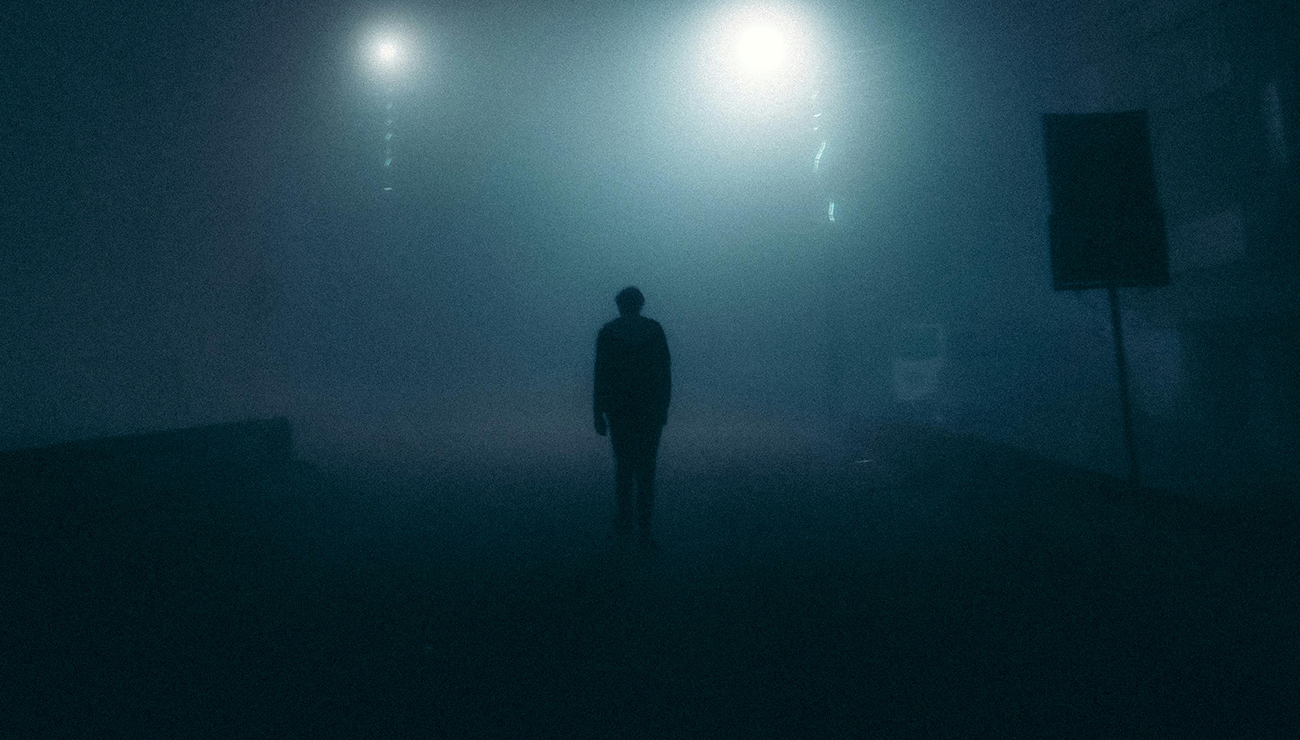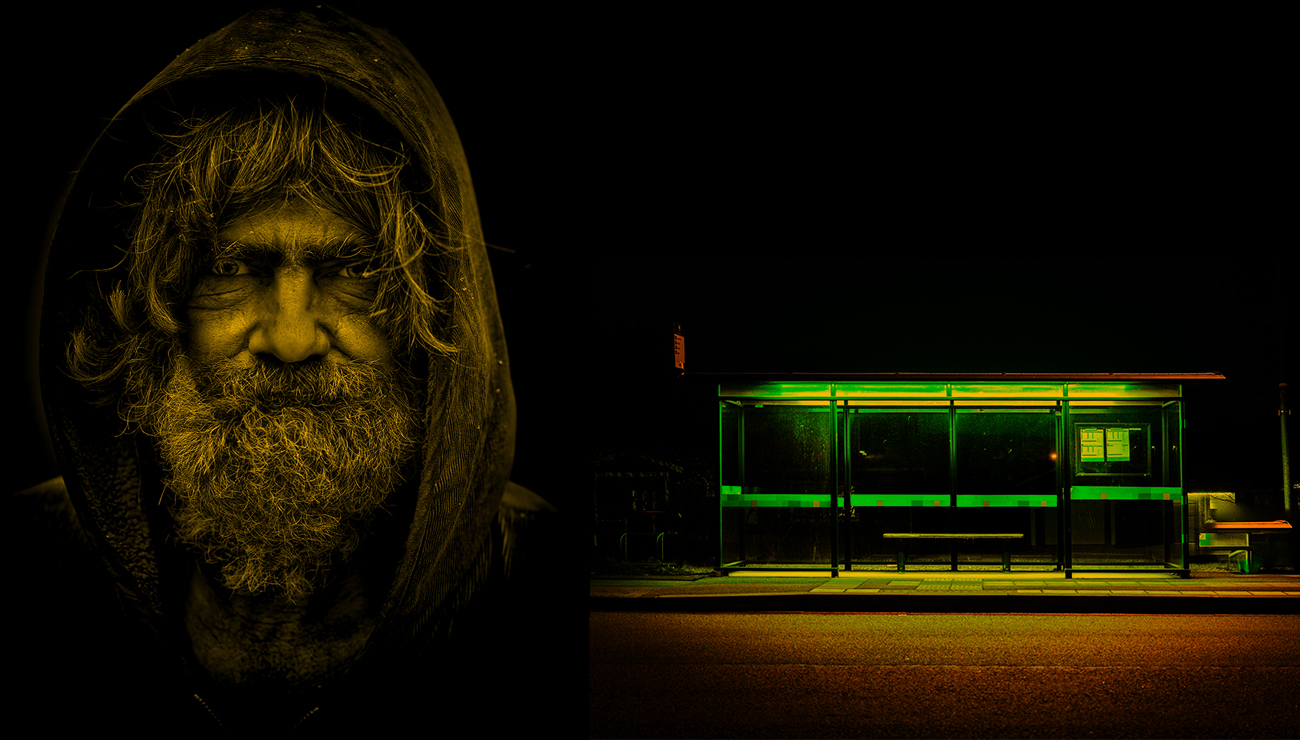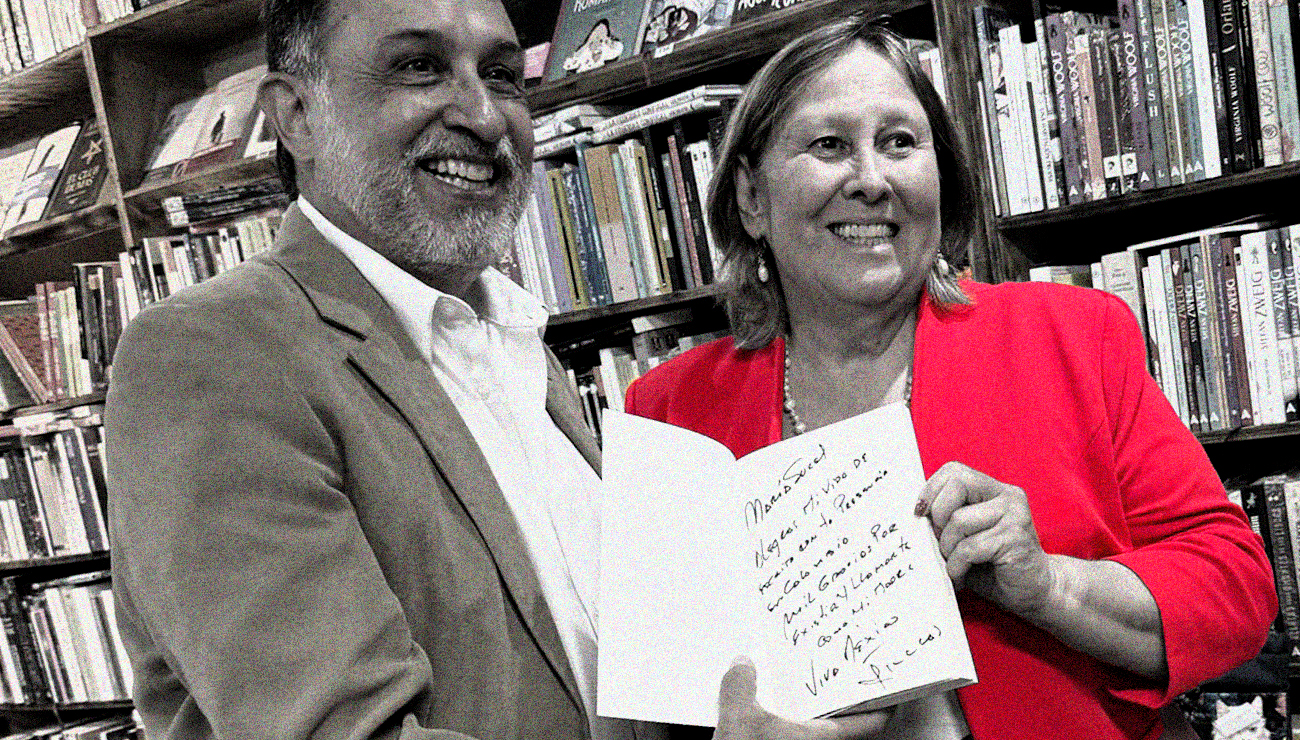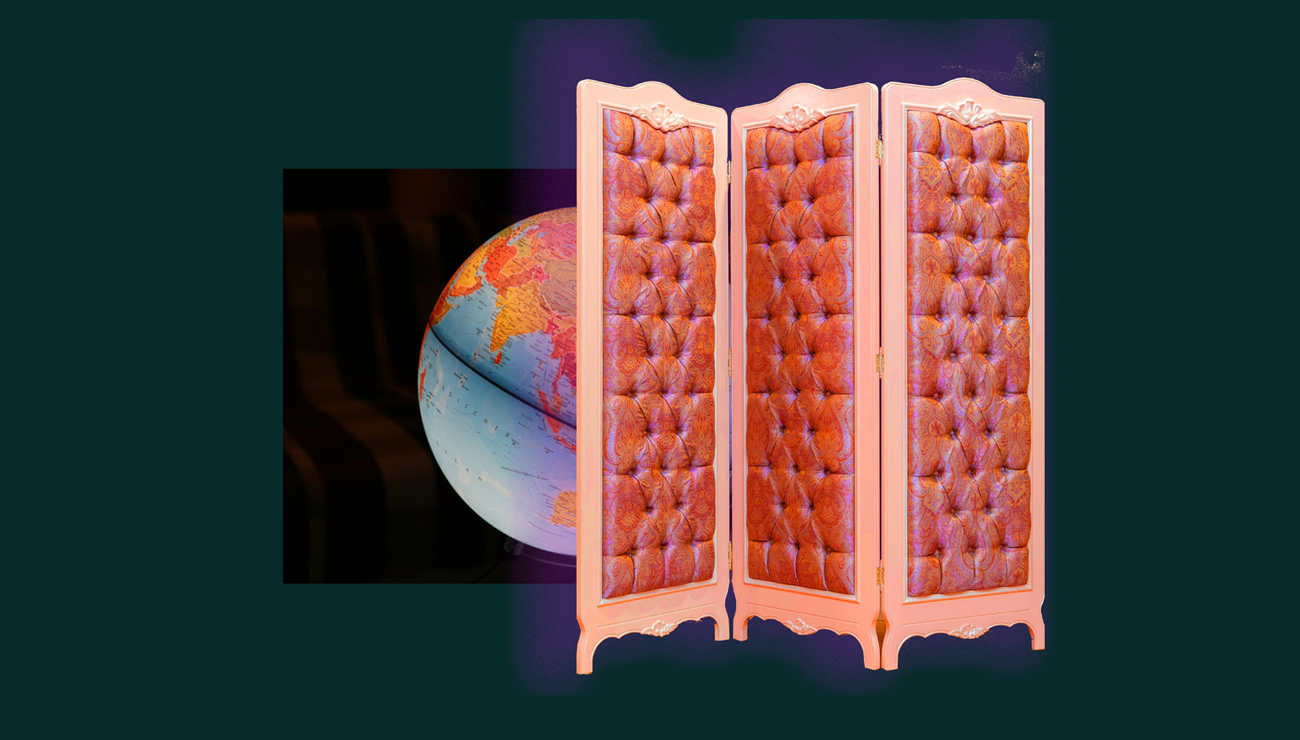
A Perfect Fool: The Beautiful Futility of Being a Writer
Author: ©2024 William Castano-Bedoya
THREE-MILE CHRONICLES:
Writing is the most beautiful thing that has ever happened to me. It’s not just a choice—it’s the essence of who I am. And yet, how curious it is that this beauty is so often accompanied by an aching feeling, a quiet sense of futility, especially as I wander the streets of Coral Gables. My three-mile walks are where I retreat to think, to breathe, and to wrestle with my thoughts. I walk alone, but I’m never lonely. Plato keeps me company sometimes, as does Aesop. Flaubert occasionally murmurs in my ear. They, like me, knew something of the delicate madness that is writing.
It’s during these walks, when the boulevards stretch long and my shadow falls like a loyal witness to my rumination, that the weight of my aspirations settles upon me. I am struck, not by doubt, but by the quiet truth of my condition: I am a writer, a dreamer, and, yes, at times, a perfect fool.
As Gustave Flaubert once said, “The art of writing is the art of discovering what you believe.” Perhaps that is why I cannot stop, even when the world seems blind to what I create. Writing is my compass, guiding me through the haze of existence, steadying me when everything else feels uncertain. I have poured years of my life into six novels. Six entire worlds I’ve built—constructed brick by brick, word by word. And yet my mind is restless still. Seven more novels live inside me now, their whispers growing louder with every step I take. They are not yet born, but they live within me, persistent and demanding.
And here is where I must say what feels dangerous to admit: I do not write for myself. I do not find comfort in the mere act of creation. Those who say they write solely to “feel better” carry a peace I do not know. For me, writing is a sharp, double-edged blade. It wounds and it heals. My soul finds no solace in words that lie unread, unseen. I write to be heard, to connect. I live for the moments when my words strike a chord in another person—whether that moment arrives as praise, critique, a careless shrug, or even a dismissive scoff. Because it is in those moments, when the fragile bridge between writer and reader is forged, that I feel most alive. In that fleeting instant, I do not merely write: I exist as an author.
It was on one of those long, solitary walks that the seed for We’ll Meet in Stockholm took root. Yes, I am its writer. A story born of dreams and shadows, it speaks of six writers who meet in New Orleans’ bohemian French Quarter, clinging to their literary ambitions in a crumbling house they call La Tertulia. For them, Stockholm is not just a city, nor even the distant promise of the Nobel Prize—it is an idea, a symbol, a utopia. But in truth, their triumph lies not in their arrival, but in their striving. They fight, they write, and they live. And isn’t that the noblest thing of all?
While reflecting on my own path, I cannot help but admire those who write for children. There is a magic in their work, a simplicity that connects instantly with young minds, opening doors to wonder and joy. How curious that their books, bright and colorful, so often find their way into homes effortlessly, carried by the gleeful hands of children and the willing hearts of parents. I applaud them sincerely.
But for writers like me—writers of novels, of stories forged from thought, memory, and experience—the journey is different. Our readers are not captive; they are wanderers, adventurers, modern-day Quixotes. They are the ones who choose to search for meaning, for resonance, in pages that the world so often overlooks. To those readers, I say: you are the lifeblood of literature. You are the ones who keep the flame alive.
Franz Kafka once said, “A non-writing writer is a monster courting insanity.” I know this to be true. Writing is not something I do—it is who I am. Without it, I might unravel completely. Ernest Hemingway, too, understood: “True nobility is being superior to your former self.” And so I write, not to win against others, but to become better than I was yesterday.
When I think of the title We’ll Meet in Stockholm, I can’t help but smile at its irony. It’s both a promise and a quiet joke, a nod to the dreams we pursue knowing full well they may remain forever out of reach. But perhaps the beauty lies in the reaching itself, in the audacity of believing that our words might matter.
Maybe we are all fools in our own way—chasing windmills, chasing shadows, chasing dreams. But what else is there? What else gives life its meaning if not the act of creating, of striving, of hoping?
Writing is an act of courage. It is also an act of hope—a rebellion against insignificance. And so I will keep writing. I will walk, I will dream, and I will write until the nature of my mind no longer allows me to do so.
Because writing, in all its futility, remains the most beautiful thing that has ever happened to me. And if you, dear reader, pick up We’ll Meet in Stockholm, perhaps you will understand just a little of what it means to live as a writer—to wrestle with words, to fight with shadows, and to emerge, scarred but alive.
For in the end, isn’t that what it means to truly live?
Are you still hungry for more? Your next favorite story is just a click away.
Explore my books!



